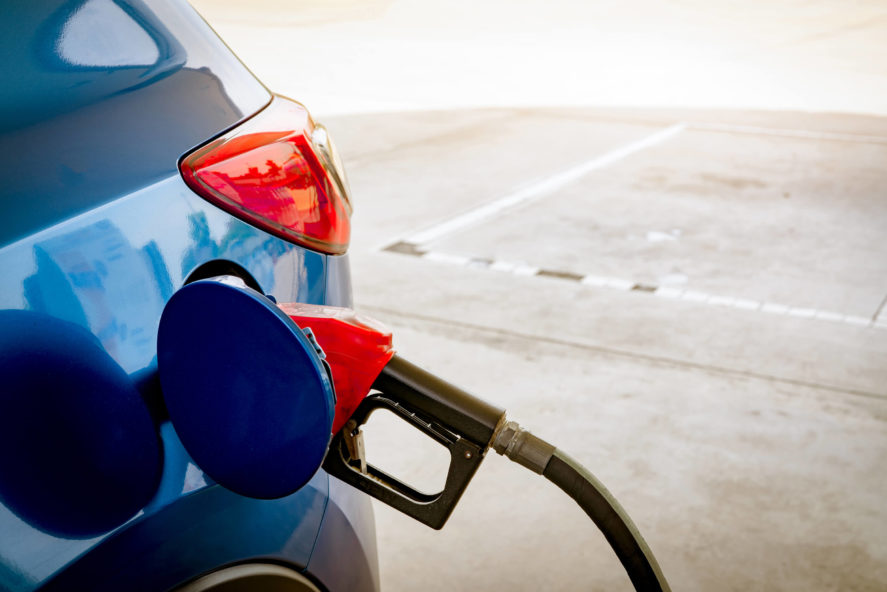
Fuel prices continue to rise in California. With every extra cent per gallon comes another myth about how to get better mileage out of your car. Believing and living by some of these won’t do a thing. At best, many of the following myths will just waste your time, and even money:
Premium Gasoline Improves Efficiency
Whether you get Regular, Plus, or Premium gas (generally referring to 87, 89, and 93 octanes, respectively), your choice won’t affect fuel economy. That is unless your vehicle is specifically designed for higher octane gasoline. Octane ratings only refer to a fuel’s resistance to detonating prematurely. For your car’s recommended octane, check its owner’s manual.
Some Gadgets Will Boost Your Fuel Mileage
No device you buy will improve the fuel/air mixture. If a product maker claims its magnets will break up fuel molecules or ionize your spark plugs, it is false advertising. However, some plug-in devices provide detailed readouts of how you drive and recommend how to improve fuel economy.
A Manual Transmission Is More Fuel Efficient
The technology in today’s automatic transmissions makes them just as fuel efficient as their manual counterparts. You’ll get the same fuel economy either way. In the past, this myth may have been true, but not anymore.
A Special Air Filter Will Boost Economy
When engines were carbureted, this was true. It’s no longer the case because the fuel/air ratio is adjusted automatically by a computer. A dirty air filter won’t affect fuel economy, although it can cause a decline in engine performance and operating life. Therefore, regular filter changes are still recommended.
Fuel Additives Give Your More Miles per Gallon
Except for an additive that cleans fuel injectors, this is not true. If you come across a fuel additive that claims to reduce emissions or improve economy, it is just a waste of money. Introducing additives can do more harm than good. Also, a computer in your car is what controls combustion, based on fuel recommended for your car.
Are There Any Truths to Improving Fuel Economy?
There are techniques to boost fuel economy. These have been collectively grouped into a term known as hypermiling. You can get more miles per gallon with:
- Proper tire pressure: Maintaining the proper tire pressure for your vehicle is beneficial. Check your tires regularly with a tire gauge. Don’t rely on tire pressure sensors, as they’ll only tell you when there’s something wrong.
- Regular maintenance: Follow your vehicle’s service schedule for oil changes, brake checks, tire rotations, wheel alignments, and tune-ups. You can get maximum fuel economy out of your car if it’s well-maintained.
- Less weight: Keeping extra stuff in your car can decrease fuel efficiency because the excess weight puts more demand on the engine. Removing the extra weight can improve your gas mileage by up to a third.
Improving fuel economy doesn’t have to cost you anything. If you drive within the speed limit, accelerate and brake smoothly, and avoid idling, you can get more gas mileage and save at the pump. With good maintenance, your vehicle should maintain and even improve its fuel economy over time.
Coasting downhill can save fuel as well, as the fuel injectors shut down (just don’t do it in neutral). Cruise control can help save gas on smooth terrain. Other ways to save fuel include idling less and cycling the air conditioner on and off.
If you’re in the market for high-quality, fuel-efficient pre-owned cars, contact CarWorld at 833-219-9951 or visit our Hawthorn, CA, dealership.